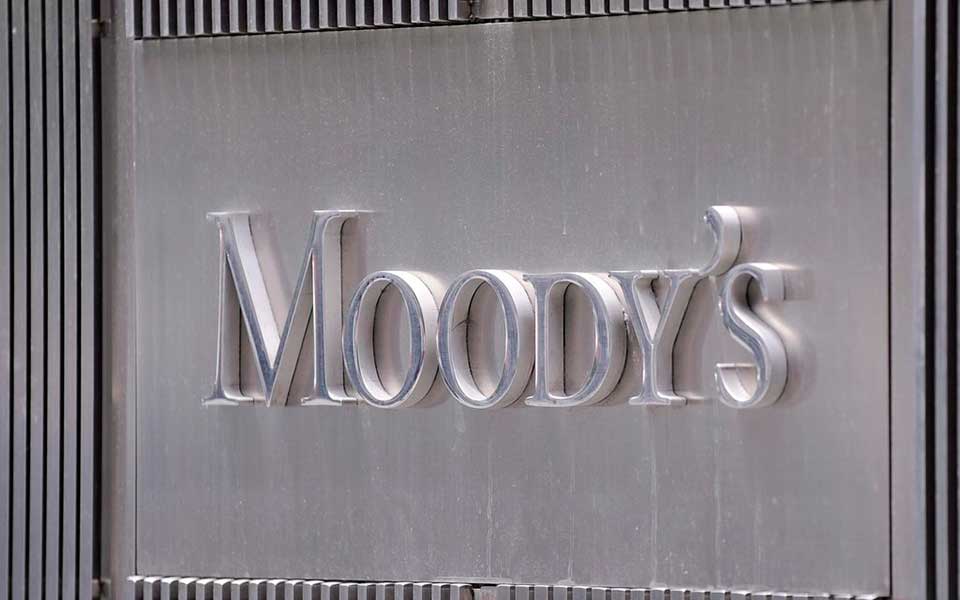Moody’s: Crisis is temporary

The crisis from the coronavirus pandemic is expected to constitute no more than a transitional shock for the Greek economy, estimates Moody’s, stressing that the country’s credit profile continues to be on an improvement course even though this was interrupted by the Covid-19 lockdown.
The rating agency’s baseline scenario now provides for the Greek contraction to come to 9.5% this year, against 5% forecast just a month ago, while the 2021 recovery is expected to be strong enough for the economy to rebound 7%.
In a report released on Friday Moody’s argued that the government’s fiscal response to the pandemic was quite broad and that the Greek economy is less incorporated in global supply chains compared to other eurozone states. A significant risk for Greece would be a second coronavirus outbreak that would lead to the return of restrictions, but the country remains a relatively closed economy and this makes it a little more resistant to this crisis, the agency noted.
It added that the pandemic may have considerably changed the short-term growth prospects of this country, but its exposure to the coronavirus has been relatively limited, with lower case and mortality figures than other countries of the same size, and with the government responding promptly.
Moody’s went on to note that developments in the tourism sector will be crucial for Greece’s overall economic prospects, as the industry directly accounts for 7% of the country’s gross added value and provides about a quarter of all jobs. It pointed out that the third quarter of the year will determine the course of Greek tourism, as last year 60% of the sector’s revenues came from July to September. The second quarter accounted for 26% of 2019’s takings.
Crucially, the agency believes that although the fiscal deterioration will be important for 2020, as in the rest of the eurozone, this will be temporary and there is no concern over Greece’s funding as Athens can use part of its large cash buffer, while inclusion in the European Central Bank’s new QE program was also a very important development, Moody’s stated.





